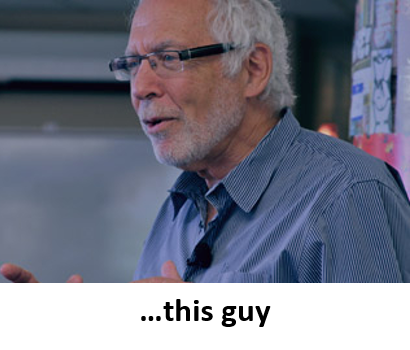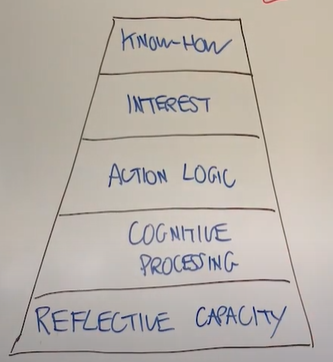Posted by Adam Thompson on the 04th April 2017

Stability fans
People can change. If they want to. You can’t make them.
And there’s one way to definitely make them NOT want to change – assume that they are you and act accordingly.
It’s not uncommon for ‘traditional’ organisations to choose a dynamic CEO to ‘shake things up’ who then chooses Executives who get things done. And this is great because we need to get things done.
And it’s going to work in an organisation or department filled with achievers and overachievers who are hanging for the chance to ‘show what I can do and to hell with the rest of em‘.
Here’s the thing though…many people might choose to work in such ‘traditional’ organisations because they want to be a) part of something stable that b) serves other people and/or the community. Which means taking a megaphone and shouting ‘we need to achieve, we can be #1‘ as the driving force is simply not going to connect. It’s not wrong. It’s just not going to connect.
What does connect? Well, not shouting for a start. What connects to this group is creating stability. And for this group stability is what gets things done.
I can feel the reeling back in horror at the idea of creating stability in this apparently complex, volatile, ever-changing and connected world. But I didn’t say ‘rigidity’. I said ‘stability’, which can be defined as ‘the strength to endure’.
And if your people need strength to endure what’s coming….start where people are at. Which means if large groups of your people value the work because it’s stable and provides connection….then start there. Tell people the truth, deliver the news, then make things more stable. Settle things down, make jobs clear, sort who does what with who, connect what’s required to the future conditions you’re going to be in and get the damn systems working!
Because starting where you’re at, rather than where they’re at is going to lead directly to disconnection.
And no megaphone is loud enough to get disconnected people moving, no matter how dynamic the wielder.










